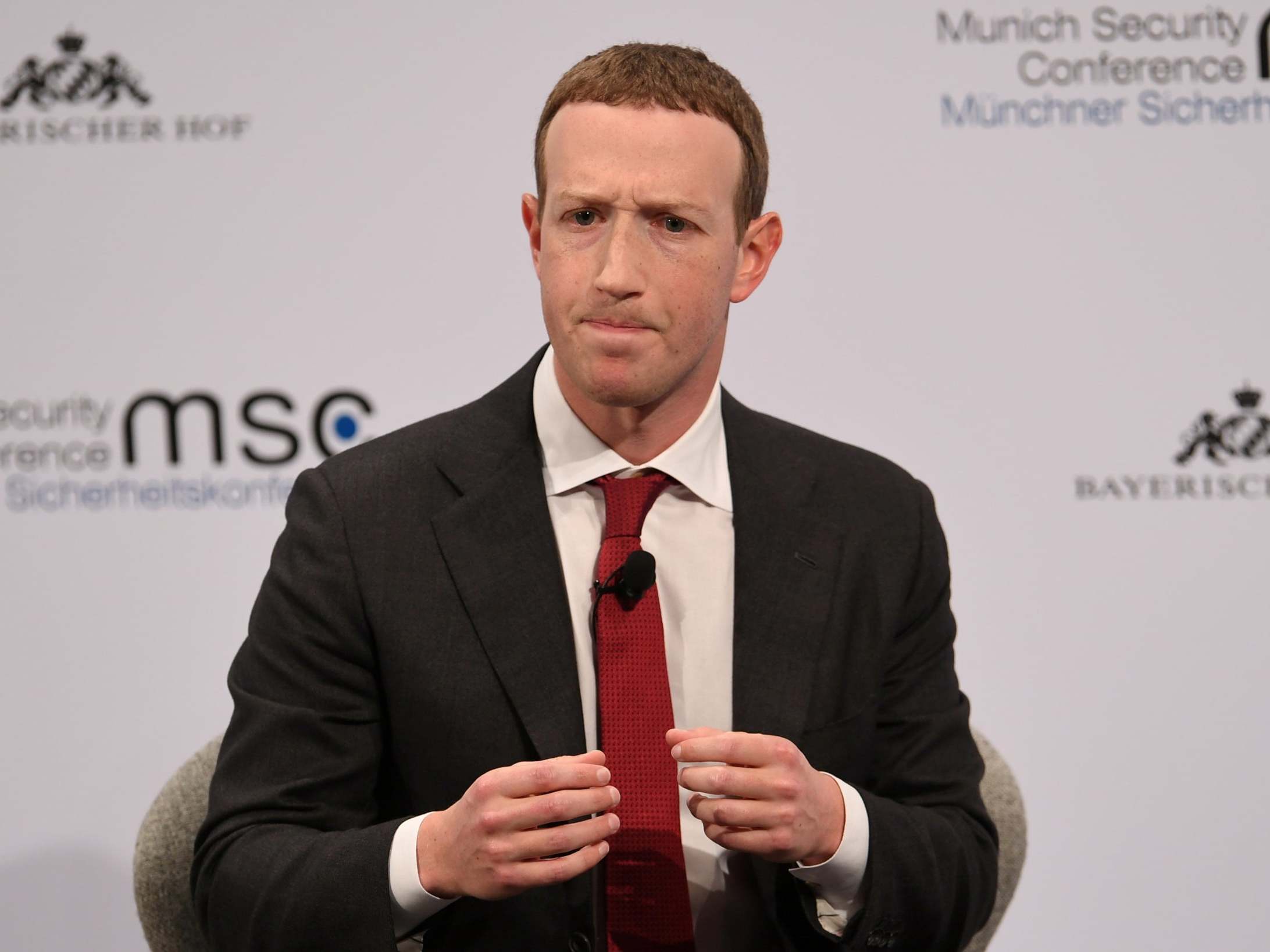Mark Zuckerberg admits Facebook was ‘slow to understand’ election interference
Founder and CEO reveals more than 1 million fake accounts are deleted every day

Your support helps us to tell the story
From reproductive rights to climate change to Big Tech, The Independent is on the ground when the story is developing. Whether it's investigating the financials of Elon Musk's pro-Trump PAC or producing our latest documentary, 'The A Word', which shines a light on the American women fighting for reproductive rights, we know how important it is to parse out the facts from the messaging.
At such a critical moment in US history, we need reporters on the ground. Your donation allows us to keep sending journalists to speak to both sides of the story.
The Independent is trusted by Americans across the entire political spectrum. And unlike many other quality news outlets, we choose not to lock Americans out of our reporting and analysis with paywalls. We believe quality journalism should be available to everyone, paid for by those who can afford it.
Your support makes all the difference.Facebook is taking down more than a million fake accounts a day to counter a massive upsurge in malicious material in the web, Mark Zuckerberg told an international security forum, and disclosed that more than 50 information operations aimed at elections have been uncovered since the 2016 US presidential race.
There are continuing investigations into claims that Donald Trump was the Muscovian candidate at the election and a Kremlin campaign, including a disinformation drive, helped put him in the White House.
The founder and chief executive of Facebook acknowledged at the Munich Security Conference that social media companies including his own had been “slow to understand Russian operations”.
But now, he wanted to stress, there were no fewer than 35,000 content and security reviewers and pointed out “our budget in 2020 on security for those and other kinds of threats is bigger today than the whole revenue of our company when we went public in 2012 when we had a billion users”.
Mr Zuckerberg said that the “vast majority” of the million fake accounts detected each day “are not connected to state actors trying to interfere in elections, but certainly part of that is a state effort ... In the last couple of weeks Facebook took down two disinformation campaigns targeting the US.”
The Facebook founder stated that despite the rise in disinformation, “we have been able to improve defence at a faster rate than the adversaries have improved the offence”.
Facebook and social media giants including Twitter and Alphabet’s Google have come under increasing pressure to do much more to combat states and political groups using their platforms to spread false and misleading information.
Mr Zuckerberg agreed there “should be regulation on harmful content ... even if I don’t agree with every regulation in the near term it will benefit everyone in the long term”.
He added: “I do think that there should be regulation on harmful content ... there’s a question about which framework you use for this.
“Right now there are two frameworks that I think people have for existing industries – there’s like newspapers and existing media, and then there’s the telco-type model, which is ‘the data just flows through you’, but you’re not going to hold a telco responsible if someone says something harmful on a phone line.”
Join our commenting forum
Join thought-provoking conversations, follow other Independent readers and see their replies
Comments